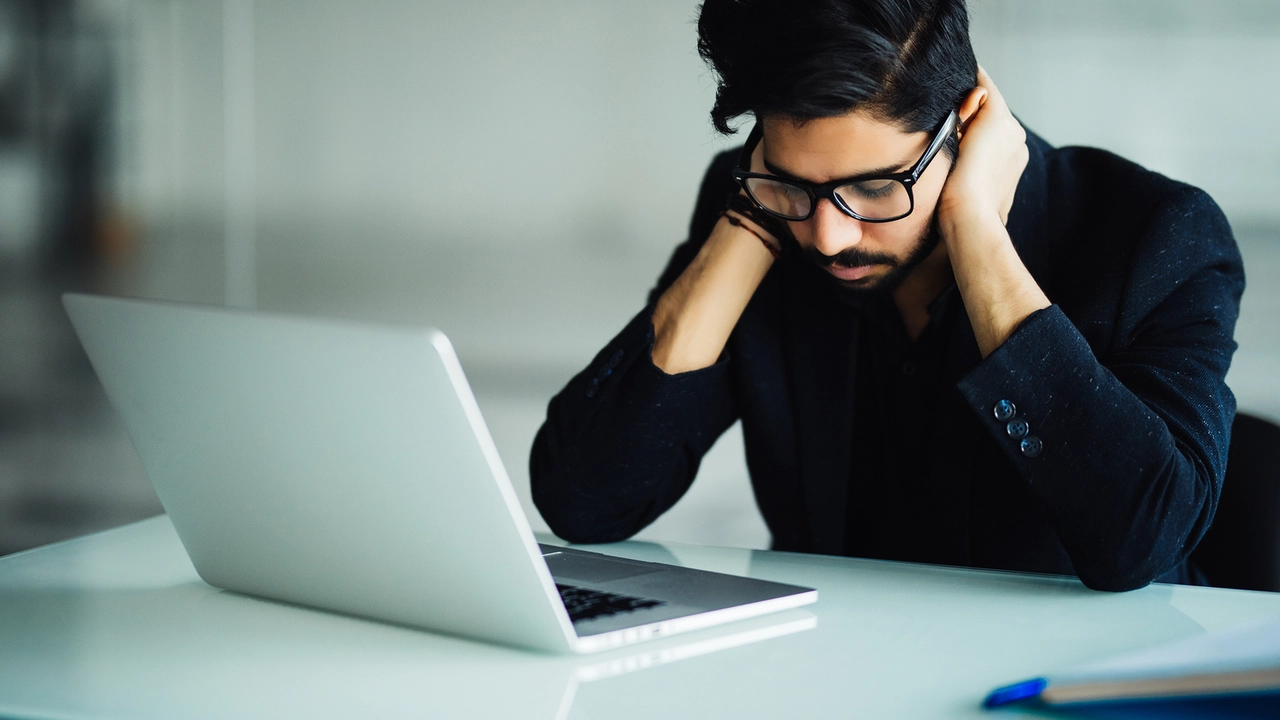Safety: Simple, Practical Steps You Can Use Today
Worried about staying safe at home, on the road, or online? Here are clear, no-nonsense tips you can apply right away. Each tip is short and actionable so you can start improving your safety this week.
Quick safety checklist: keep emergency numbers saved, share your plans with someone you trust, carry a basic first-aid kit, enable two-factor authentication on important accounts, and keep ID and insurance details handy.
Road safety: what to do before and after an accident
Before you drive: check tyres, lights and fuel; wear a seatbelt or helmet; avoid distractions like phones. If you’re driving often, a dashcam and valid insurance are worth the cost.
If you’re in an accident, stay at the scene. Under India’s Motor Vehicles Act (1988) fleeing the scene after causing injury can lead to penalties including jail time, fines, or both. Do this instead: call emergency services, move to a safe spot if possible, note vehicle numbers, take photos, and collect witness names. File an FIR at the nearest police station—this creates an official record and protects you legally.
Home and personal safety: small habits that help a lot
Lock doors and windows, but also make your home feel safe: install a simple peephole or camera at the main entrance, keep a charged phone and torch in a known spot, and know where your fire extinguisher and first-aid kit are. Teach family members basic emergency steps like how to switch off gas and electricity.
When you’re out, share your location with a trusted contact and check in when you arrive. For women and vulnerable people, avoid isolated routes at night, use well-lit transport hubs, and prefer prepaid rides from verified apps when possible.
Online and media safety: short rules for creators and readers
You don’t need a license to run a YouTube news channel, but you do need to follow laws and platform rules. Verify facts before publishing, protect sources when required, and avoid repeating unverified allegations that could lead to legal trouble. Use strong passwords, enable two-factor authentication, and back up your content regularly.
Sexual and health safety: be direct and responsible. Always get clear consent, use protection to prevent STIs, and consider regular health check-ups if you’re sexually active. If something feels unsafe, remove yourself and seek help.
Travel and immigrant safety: carry copies of important documents, register with local authorities if required, learn basic emergency contacts in your area, and buy travel or health insurance. Connect with local expat or community groups—they can help fast when you need local advice.
Safety isn’t about fear. It’s about small routines that reduce risk and give you control. Start with one change this week—save emergency numbers, check your car, or add two-factor authentication—and build from there.
Is It Safe to Buy Assignments Online in India? How to Avoid Scams
Purchasing assignments online in India can be safe, but it's critical to stay vigilant to avoid scams. Always use reputable services with positive reviews and transparent policies. Be wary of unusually low prices or promises of unrealistic turnaround times, as they may indicate a scam. Never provide personal or financial information unless you're confident in the site's security. It's all about researching thoroughly and using common sense to ensure a safe transaction.
